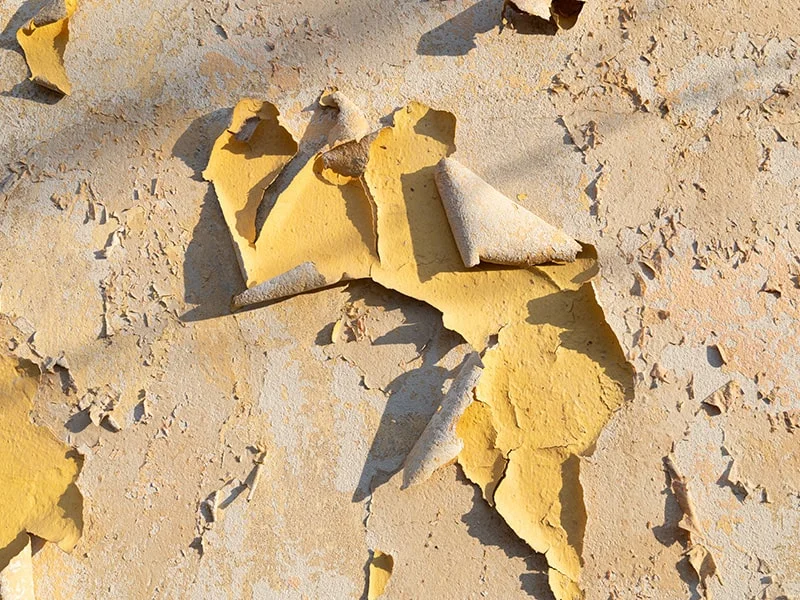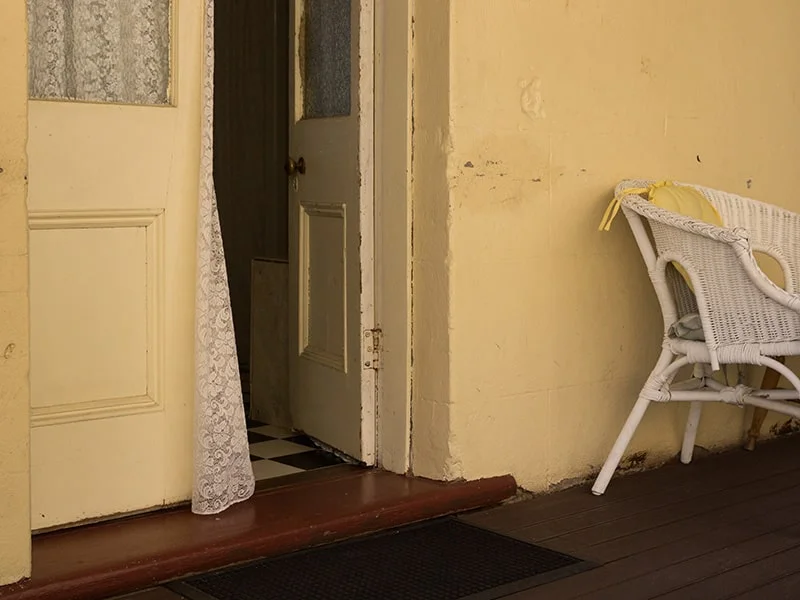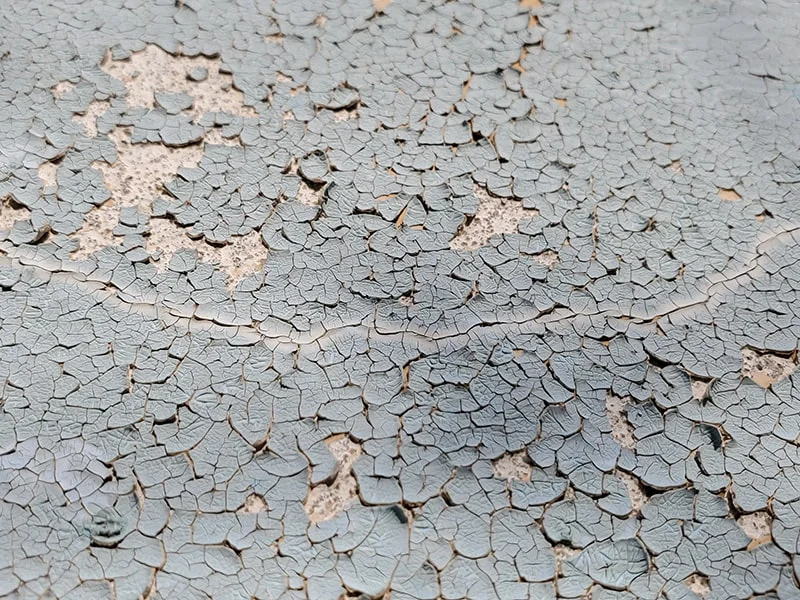Painting Problems for Exterior Paint Jobs Part 1
- Blog
- Brett

Except for some Brutalist buildings, you’d be hard-pressed to find a house or building whose exterior is not painted. A fresh coat of paint doesn’t just brighten up your home and make it more attractive from the outside. Painting the exterior–when done right–can boost the value of your home in Brisbane when it’s time to sell.
But no matter how brilliant and on-point the paint colour is, some things are out of your control and issues will eventually develop. To help you identify and fix these issues, our team from BJC Painting Services will discuss the most common painting problems for exterior paint jobs in Brisbane. Let’s get started.
Paint bubbling or blistering
Paint blistering results when the paint’s basecoat fails to adhere to the surface properly. The pockets are filled with air or water. They sometimes stay that way until they burst or you or your child can’t help but peel them off once they get too large to resist.
There are different reasons why your paint job is blistering. It could be that you didn’t bother to clean the surface or apply the right kind of primer before you applied the basecoat. This problem can also crop up if you had painted the exterior wall while it was still damp or when the weather was too hot that day.
The key to preventing paint blistering is by cleaning the surface thoroughly before applying the primer. If it rained recently and the wall is still damp, then it’s best to wait until the wall is completely dry before starting. Don’t stir the paint frequently as this could introduce air bubbles into the mixture. Take your time when painting, and don’t mix water-based paints with oil-based ones.
Dull or faded paint

Whether you like it or not, your home’s paint will fade or discolour sooner or later. If you live in Brisbane or the Gold Coast, then it is exposed to the sun’s UV rays almost every day. Some paint colours are especially prone to fading, and even more so if your house is located near the coast. Other causes of fading include using cheap and poor-quality paint and applying a thin coat of paint to a wall.
Get it right from the get-go and buy a good can of paint to apply on your exterior wall. If you live in a tropical area, then make sure that the paint is UV-resistant. If you don’t want to deal with fading later on, then it’s best to go for whites, pastels, and other light colours. Have a professional painter clean, wash, and repaint the walls every year to prevent fading.
Alligatoring

Alligatoring is one of the ugliest things that could happen to your paint job. With alligatoring, the paint still adheres to the base but you can see multiple cracks on its surface. The damage looks like alligator skin, and it is caused by several factors including using a type of paint that is different from the basecoat and layering even when the basecoat and the primer are not dry yet.
To prevent alligatoring, make sure that you allow the primer and base coat to fully dry before applying the topcoat. Make sure that your basecoat is compatible with your top coat to prevent the formation of cracks.




